Search
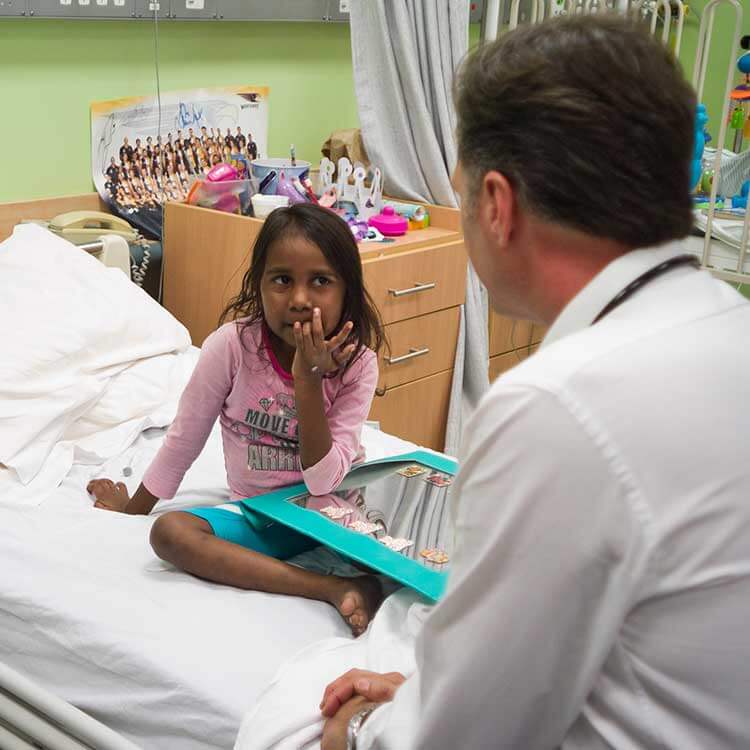
Some of the nation’s leading medical researchers will converge on Darwin this week to step out a plan to wipe out rheumatic heart disease.
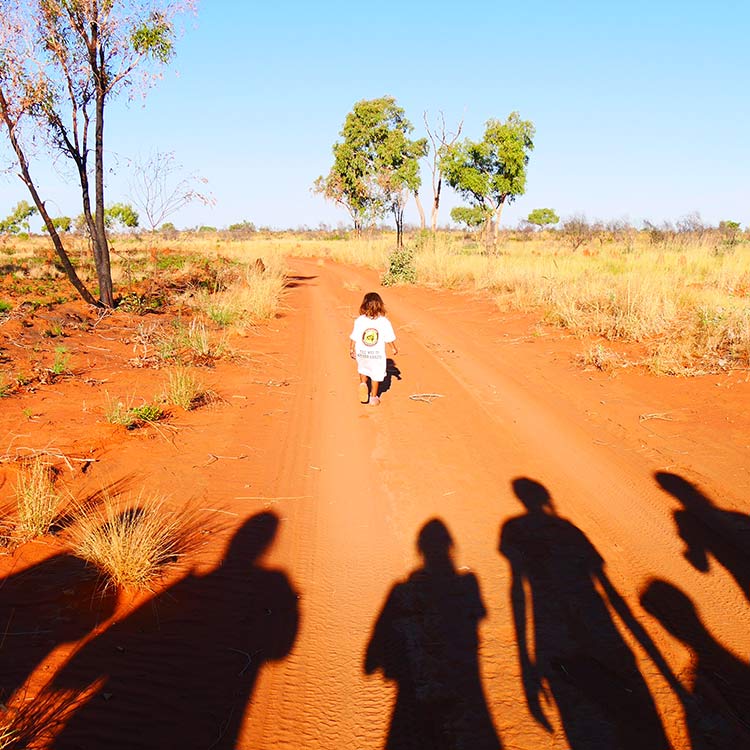
The Kids has recruited Dr Timothy Barnett to embark on a Fellowship to help close gaps in health outcomes between Indigenous and non-indigenous kids

Thanks to a $1 million funding grant, Dr Asha Bowen from The Kids Research Institute Australia is on track to change Aboriginal children's skin infection statistics.
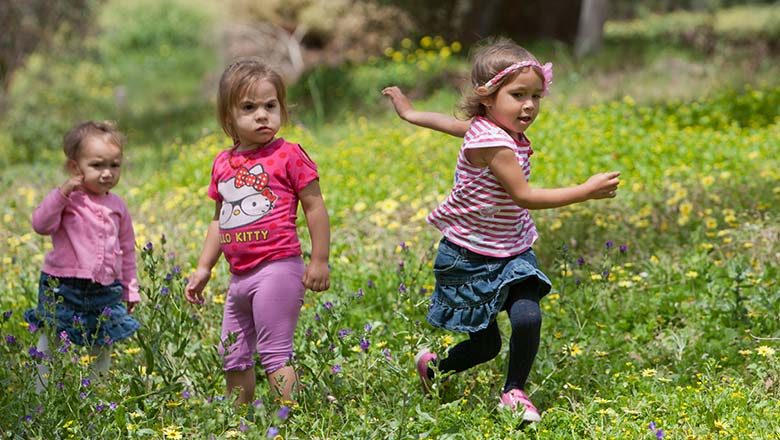
10 years of work guided by The Kids Research Institute Australia has resulted in huge improvements in the development of Aboriginal children at the start of school.
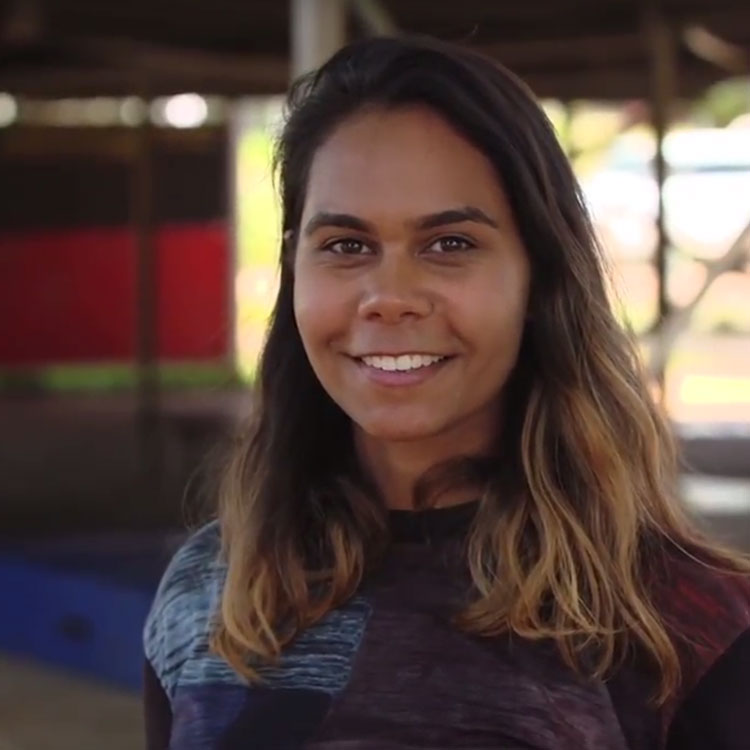
Vinka Barunga has made history by becoming the first Aboriginal doctor from Derby and she's also added The Kids researcher to her list of achievements.
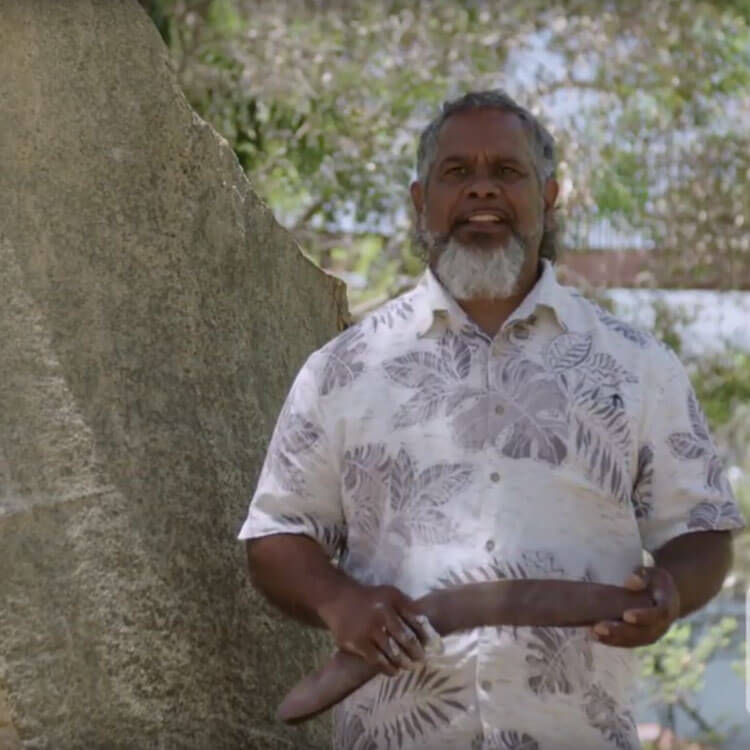
Wadjuk Nyungar man Walter McGuire talks about the importance of air quality to our health.

The Kids Research Institute Australia researchers have been awarded more than $10 million in research funding from the National Health and Medical Research Council (NHMRC).
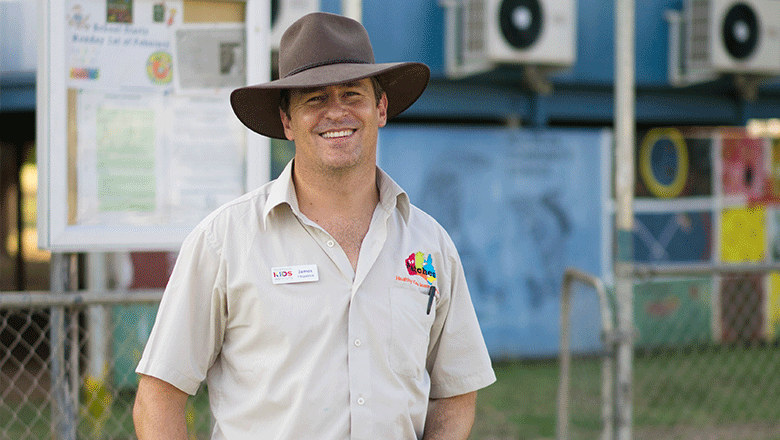
Among the highest rates of Fetal Alcohol Syndrome (FAS) worldwide have been reported by Aboriginal community leaders in the remote Fitzroy Valley.
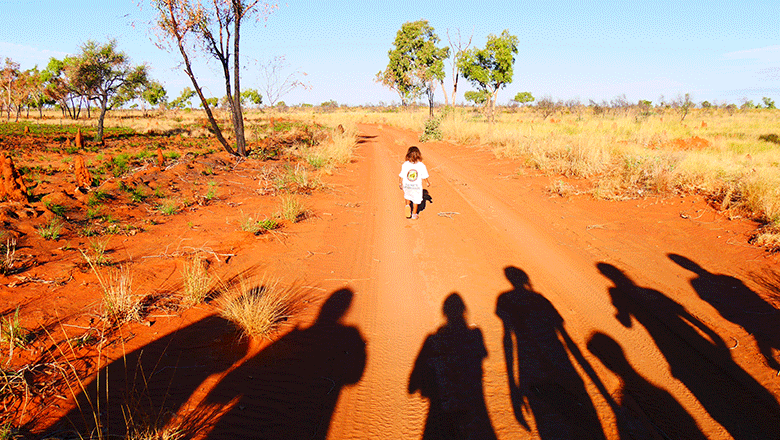
There is growing evidence that alcohol restrictions are effective in empowering communities to reduce the immediate and long term impacts of alcohol.
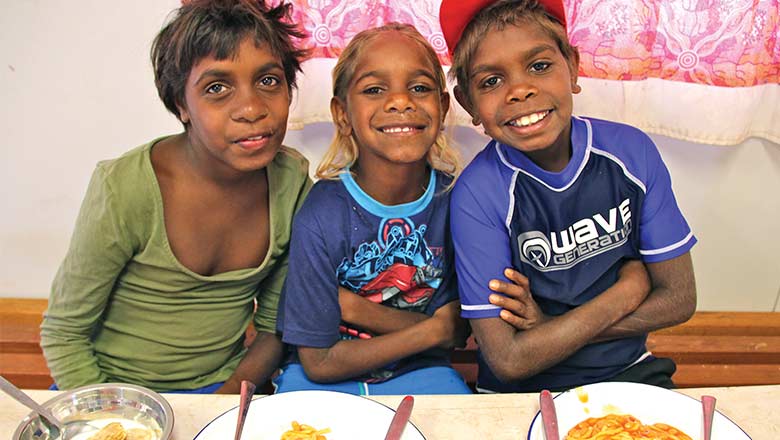
A good healthy breakfast is not just a vital foundation for a productive day but can lay the groundwork for a community to pull together to overhaul its health.
